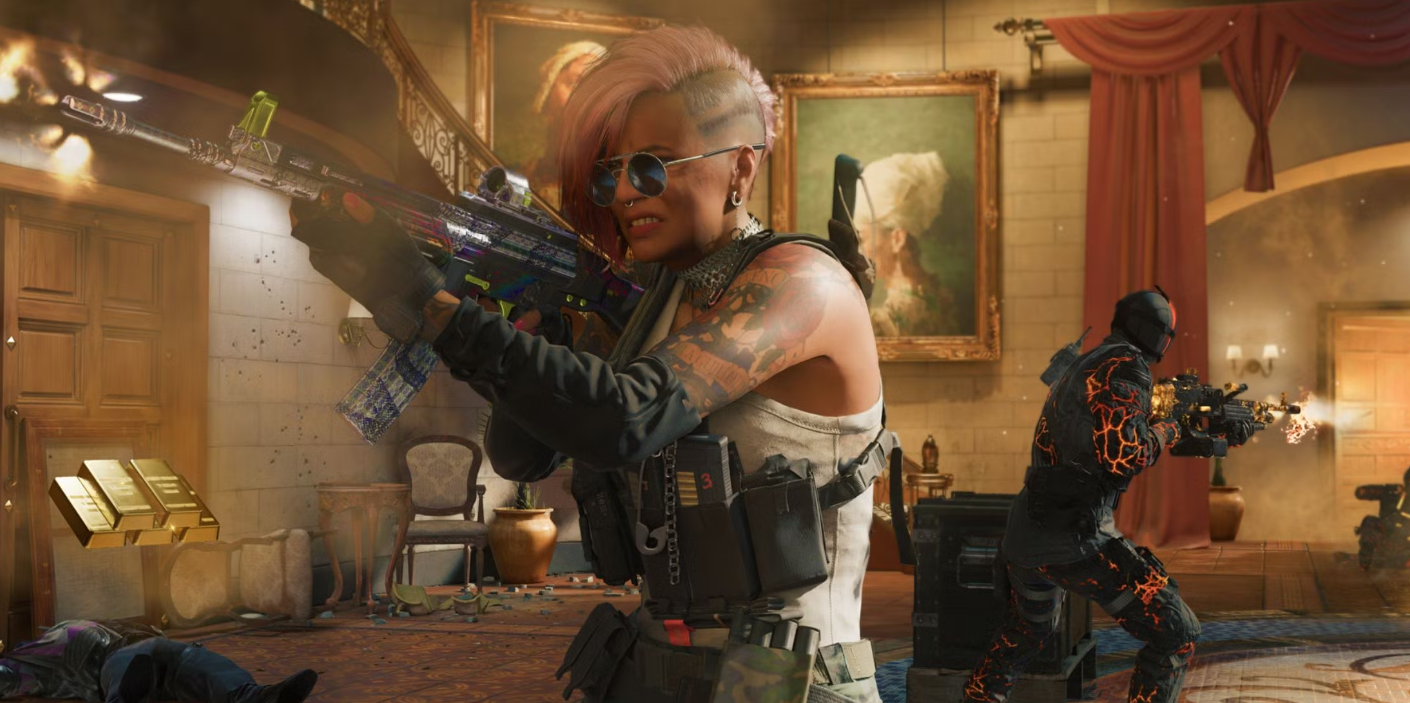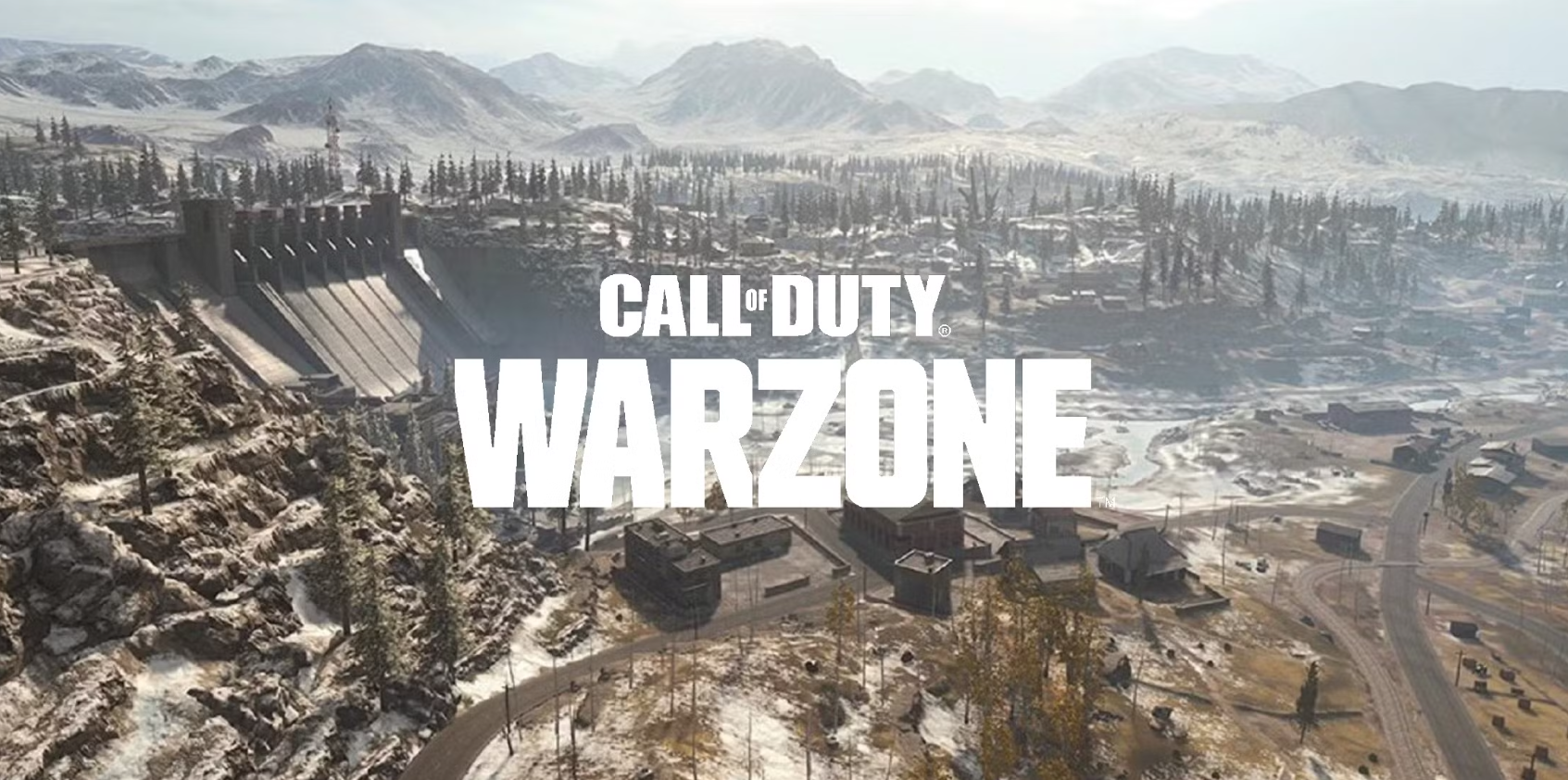Call of Duty: Black Ops 6 Players Urge Each Other to ‘Just Quit’ Games

In the competitive landscape of Call of Duty: Black Ops 6, players have been vocal about their frustrations with unbalanced matchmaking. Many have taken to forums and social media to express their dissatisfaction, arguing that the current system often places them in lobbies with opponents who are either significantly more skilled or equipped, leading to one-sided gameplay experiences. In light of these challenges, a growing number of players are advocating for a radical approach: quitting games that feel unfair. They believe this strategy could pressure developers to address the matchmaking issues more urgently. By collectively opting out of imbalanced matches, players hope to signal that the current system is not meeting their expectations for competitive fairness.
This movement has sparked discussions about the importance of balanced matchmaking in maintaining player engagement and enjoyment. As gamers share their experiences and strategies for navigating the matchmaking landscape, it becomes clear that community feedback will be crucial in shaping future updates. Ultimately, players are seeking a more equitable gaming environment where skill levels are more closely matched, allowing for a more enjoyable and competitive experience for everyone involved.
Table of Contents
Navigating the Challenges of Matchmaking in Call of Duty: Black Ops 6
Since the early days of online multiplayer in the Call of Duty franchise, developers have faced and addressed a variety of issues, yet some challenges remain persistent. One of the most notable problems is the respawn system, which can occasionally place players directly in the line of fire, resulting in easy kills for opponents. This can be incredibly frustrating, especially in high-stakes matches where every death counts. Players often find themselves respawning only to be immediately eliminated, leading to an experience that feels less like a fair competition and more like a series of unfortunate events. Another significant concern is the matchmaking system. Initially, it was less restrictive, allowing players to find matches more easily but often resulting in mismatched skill levels. Long-time fans of the series often look back fondly on classic Call of Duty titles that didn’t implement skill-based matchmaking (SBMM). They argue that the lack of SBMM allowed for a more casual and enjoyable experience, where players of varying skill levels could face off without the pressure of being systematically matched with only those of similar proficiency. On the other hand, many modern players prefer the idea of being matched with opponents who are at their skill level, as it creates a more balanced and competitive environment.
In the context of Call of Duty: Black Ops 6, a group of players believes they’ve found a straightforward workaround for the engagement-optimized matchmaking system. The strategy revolves around quitting matches that feel unfair. Recently, Reddit user Sw3ar posted about this approach, suggesting that when players find themselves in lobbies where they are struggling, they should exit until they are paired with less skilled opponents. This method aims to circumvent the frustrations associated with the higher skill level opponents that the EOMM system often assigns after consecutive wins.
The EOMM system, designed to enhance player engagement, has drawn mixed reactions. When players win several matches in a row, they often find themselves thrust into “sweat lobbies,” where the competition is significantly tougher. These matches can feel relentless, with highly skilled opponents employing advanced tactics and strategies that can be overwhelming for those who aren’t as adept. In this high-pressure environment, players may experience a decline in enjoyment, which can lead to burnout or frustration. Some gamers have reported positive outcomes from using the quitting strategy, expressing that they manage to find more enjoyable matches with players who match their skill level. They argue that this not only improves their gameplay experience but also offers a temporary reprieve from the relentless competition of sweat lobbies. However, there’s a counterpoint to this strategy: some players worry that if too many individuals start quitting matches, it could lead to smaller lobby sizes. This could further complicate matchmaking, making it even more challenging to find games and potentially prolonging wait times for players eager to jump back into the action.
The ongoing discussions within the community highlight a broader theme: the balance between competitive integrity and player enjoyment. As developers continue to refine matchmaking algorithms, player feedback plays a crucial role in shaping the future of the game. The tension between wanting a fair challenge and seeking a fun experience is a delicate balance that developers must navigate. In conclusion, the dialogue around Call of Duty: Black Ops 6’s matchmaking system reveals the complexities of modern gaming. While some players have found innovative ways to cope with the challenges they face, the community’s input remains essential in driving changes that enhance gameplay. As the developers consider these perspectives, the hope is that future updates will lead to a more balanced and enjoyable experience for all players, ensuring that Call of Duty continues to be a beloved franchise for years to come.
Quitting Matches in Call of Duty: Black Ops 6 May Lead to More Balanced Lobbies
Leaving a lobby in Call of Duty: Black Ops 6 results in a match loss, but it can also help players maintain their overall statistics, particularly their kill-death ratio (K/D). This statistic is crucial for many gamers, as it reflects their performance and can have an impact on their standing within the community. For those who are concerned about their stats, quitting a match might seem like a reasonable solution, especially when faced with opponents who seem overwhelmingly skilled. Another tactic some players have resorted to is intentionally underperforming to throw a match. While this might seem like a clever workaround, it can have more severe consequences for their teammates. Deliberately playing poorly can lead to a frustrating experience for others in the lobby, creating a domino effect of negativity. This raises ethical questions about sportsmanship and the responsibilities players have toward their teammates. Unlike simply exiting a match, which affects only the individual, throwing a game can ruin the experience for an entire team.
Alternatively, there are those who advocate for adapting one’s play style to better compete in higher-difficulty lobbies. The idea is that by facing stronger opponents, players can improve their skills over time. This perspective emphasizes growth and learning, encouraging gamers to see challenging matches as opportunities to hone their abilities rather than as frustrating obstacles. By studying the strategies of more skilled players and adjusting their approach, individuals might find that they can elevate their gameplay and become more adept at handling tough competition. However, the current Engagement-Optimized Matchmaking (EOMM) system often leaves players feeling like they are being placed in matches they are expected to lose. This feeling of inevitability can be demoralizing, especially for casual gamers who may not have the time or inclination to grind against more seasoned opponents.
It’s no wonder that many long-time Call of Duty fans look back fondly on earlier titles that utilized random matchmaking, which allowed for a more varied and less predictable gaming experience. In those classic games, players could encounter a mix of skill levels, making each match feel unique and exciting. As Treyarch continues to roll out updates for Black Ops 6, there is hope that the matchmaking system will be refined in future patches. The community is vocal about its concerns, and players like Sw3ar opting to leave difficult lobbies highlight the urgency of the issue. Developers are increasingly aware that player engagement is vital for the longevity of the game, and addressing these matchmaking concerns could lead to a more satisfying experience for everyone involved. In addition to improving the matchmaking system, there is also a call for more transparency in how EOMM works. Many players feel left in the dark about the criteria that determine their matchups, leading to frustration and confusion. If developers could provide insights into how skill levels are assessed and how matchmaking decisions are made, it might alleviate some of the concerns players have. Clear communication can foster a sense of trust between the community and the developers, ultimately leading to a more positive gaming environment.
Moreover, community engagement initiatives, such as feedback surveys or discussion forums, could help developers understand player sentiments better. By actively seeking input from the player base, Treyarch could identify key pain points and prioritize them for future updates. This collaborative approach not only empowers players but also creates a more inclusive atmosphere where everyone feels their voice matters. In conclusion, the ongoing dialogue about the matchmaking system in Call of Duty: Black Ops 6 reveals the complexities and challenges players face in today’s gaming landscape. While some gamers have found ways to navigate these challenges, the hope remains that developers will take action to create a fairer and more enjoyable experience. By optimizing the matchmaking system and engaging with the community, Treyarch has the opportunity to enhance the game significantly, ensuring that Call of Duty continues to thrive as a beloved franchise for years to come.




